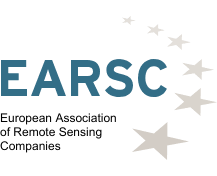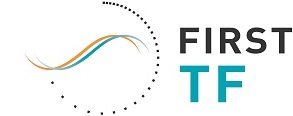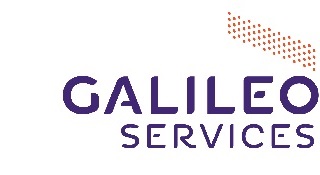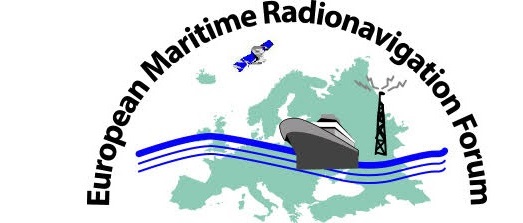About us
FDC in a Nutshell
For over 30 years, FDC has offered a unique blend of expertise in Positioning, Navigation & Timing (PNT), Earth Observation, Telecom and Security to private and public stakeholders of both the civilian and the military domains. Relying on a rich understanding of institutional decision-making processes as well as on a strong knowledge of the industrial environment, FDC’s experts are very well equipped to understand your needs.
We deploy tailor-made teams of highly qualified consultants to perform:
- Business Consulting and Programme Management
- Technology Consulting
- Research, Development and Innovation
FDC’s experts embody all the values that make FDC’s DNA:
- Technical Excellence
- Impartial Vision
- Responsiveness & Flexibility
Customer satisfaction is our “raison d’être“!
Key Facts & Figures
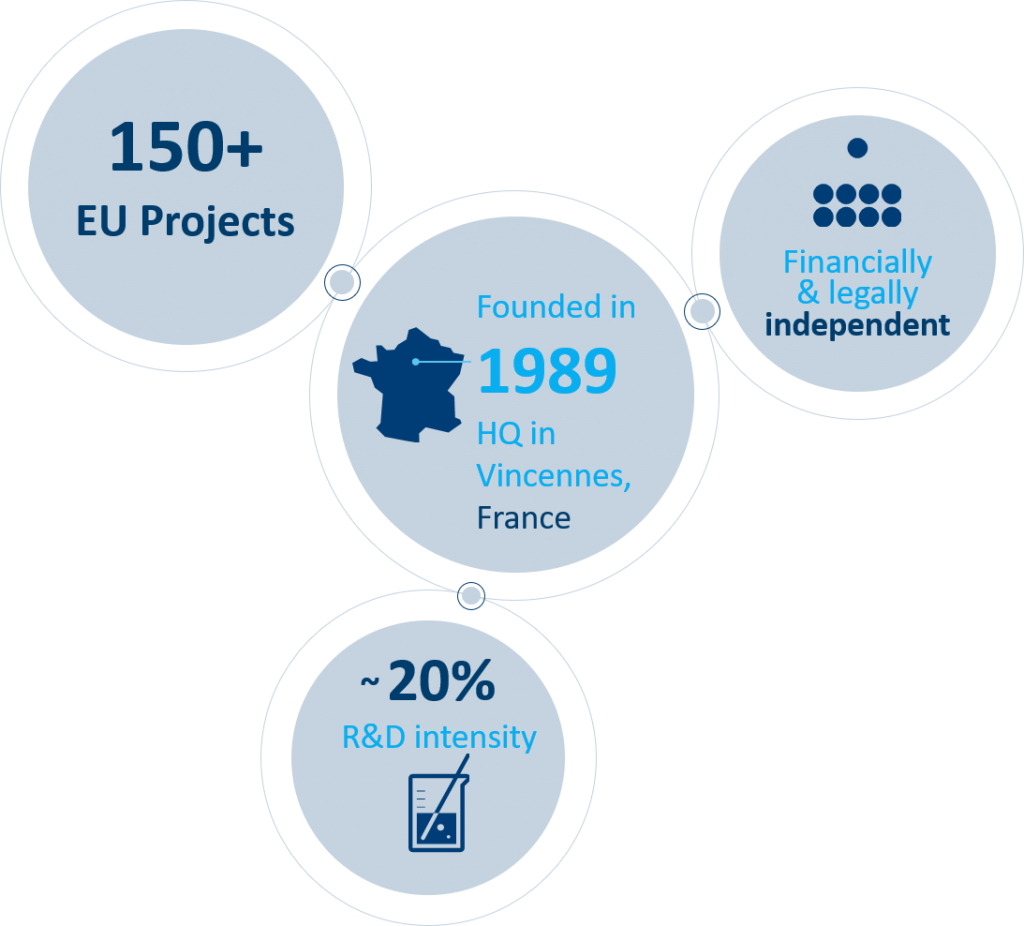
30+ YEARS OF COMMITMENT TO EXCELLENCE
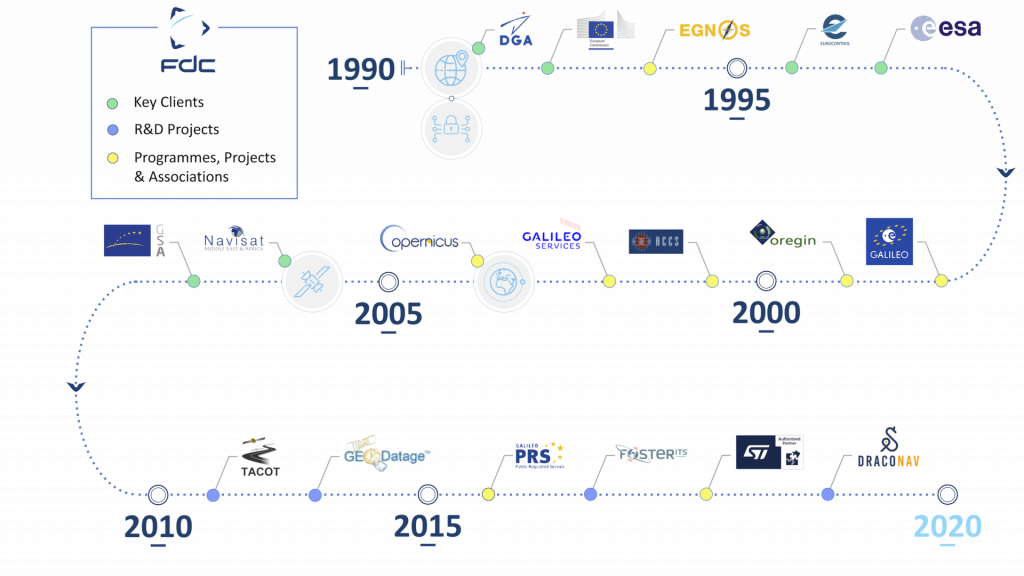
Scroll down & Learn more !
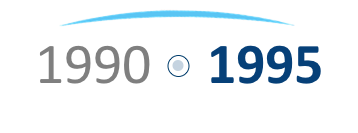
• September 1989: FDC Creation – Headquarters in Paris periphery – Vincennes, France
• First French Ministry of Defense technical support contracts on:
- GNSS
- Aeronautical
- Security
- Electronic Data Interchange (EDI)
• First European Commission support contract on European GNSS Programmes development
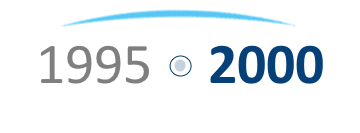
• First EUROCONTROL contract on Satellite Navigation
• First ESA support contract for a GNSS Office
• Recommendation towards EU and National Institutions for consideration of security aspects – Controlled Access Service – on the future Galileo Programme
• GNSS 2 (Galileo) Forum
• Foundation of the ORganisation of European GNSS INdustry of equipment and service (OREGIN)
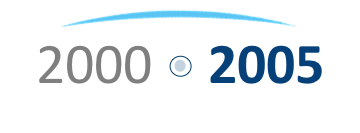
• Acquisition of an EADS (now Airbus) subsidiary specialised in Air Command and Control System (ACCS)
• “Best paper” award on GNSS Authentication mechanisms at NAVSAT 2002 international conference
• Foundation of the Galileo Services organisation, a network gathering more than 150 companies
• First European Commission support contract on Copernicus (formerly GMES)
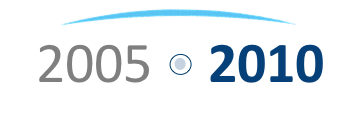
• First European Commission contract on European Geostationary Navigation Overlay Service (EGNOS)
• First contract with the European GNSS Agency (GSA) on an EGNOS Business Study
• First contract on SatCom programme for Egyptian Civil Aviation Authorities
• Launching of R&D activities on GNSS and Security
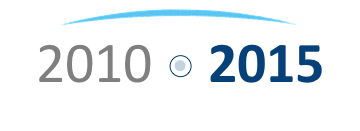
• Development of a Geo time tagging product – GEODatage – using SBAS time
• First European Commission contract on International Cooperation related to GNSS
• FDC becomes a member of the European Association of Remote Sensing Companies (EARSC)
• Development of TACOT, a trusted GNSS prototype for Digital Tachograph
• Co-organisation of 33 “European Space Expos” accross the European Union, gathering more than 1M visitors
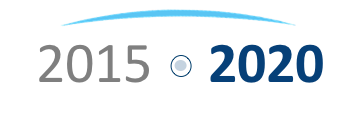
• Development of FOSTER ITS, a trusted and resilient GNSS module for automotive applications
• Organisation of the 1st Galileo PRS Pilot Project Demonstration dedicated to Timing & Synchronisation applications
• FDC operates as a member of the Copernicus Support Office
• Organisation of the first and second Galileo User Consultation Platform (UCP)
• Organisation of 12 Copernicus Training and Information sessions in various EU Member States
• Full scale pilots of the FOSTER module in sensitive fleet management applications
• Organisation of trainings on first Pre-operational PRS receivers (P3RS2)
• Support in the drafting of the last issues of the GNSS Technology (n°1 & 2) and Market (n° 4, 5 & 6) Reports
• FDC becomes STMicroelectronics Partner
• Release of Initial industrial Secured GNSS module samples (DRACONAV)
